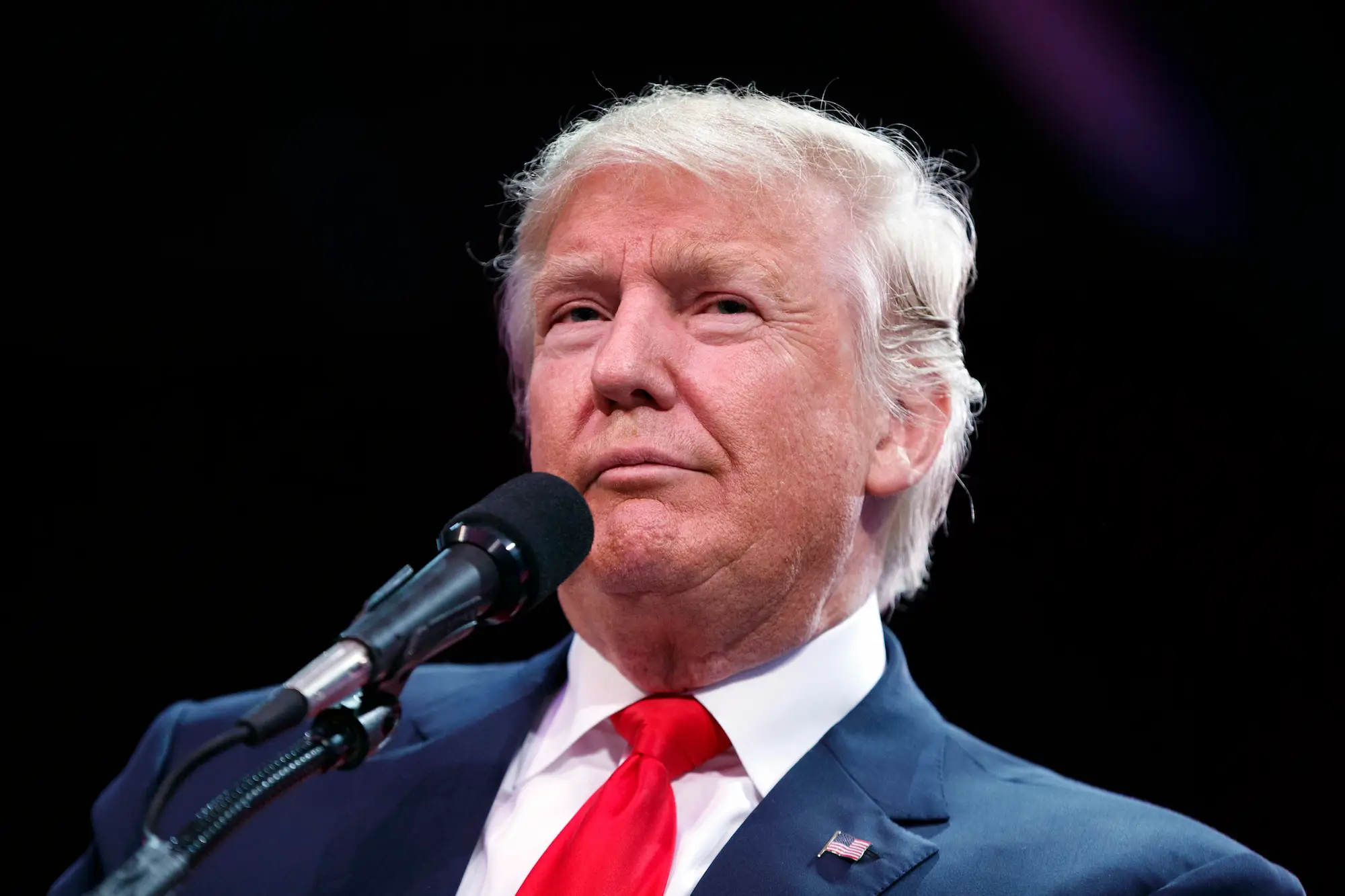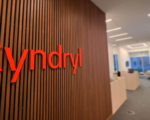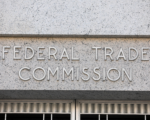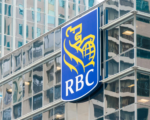Brazil has decided to delay a proposed tax on major tech firms, citing concerns that such a move could escalate tensions with the United States amid ongoing tariff negotiations under U.S. President Donald Trump’s administration. According to sources familiar with the matter, Brazil’s government will focus on advancing a separate bill to regulate competition among large digital platforms instead.
Government’s Shift in Focus
The proposal to tax U.S.-based tech giants like Amazon, Google, and Meta was initially set to be introduced in the second half of 2024, contingent on the country’s revenue projections. However, Brazilian officials have opted to shelve this plan for the time being, fearing it could worsen trade relations during sensitive talks on tariffs.
A Focus on Competition Over Taxation
Instead of focusing on taxation, the Brazilian government will now prioritize legislation designed to regulate competition within the digital marketplace. The bill, which went to public consultation in January 2024, aims to address issues like “killer acquisitions” and anti-competitive practices by tech firms, such as the manipulation of search results to favor their own services. This approach is seen as a less confrontational alternative that focuses on market fairness rather than taxation.
Concerns Over Timing and U.S. Tariffs
Sources revealed that the Brazilian government is cautious about the timing of any tax proposals, especially given the uncertainties surrounding Trump’s upcoming tariff actions. In a move that could complicate negotiations, introducing a tax targeting prominent U.S. companies could exacerbate tensions, particularly with Trump’s plan to sharply raise U.S. tariffs on April 2, 2025. The U.S. president has threatened to increase tariffs to match those of other countries, which could strain relations further.
On Monday, Trump indicated that not all of the proposed tariff increases would go into effect on April 2, with some countries potentially receiving exemptions. His remarks were seen as a sign of flexibility, calming market concerns that had been building due to the uncertainty surrounding the trade talks.
Brazil’s Broader Trade Negotiations
In addition to tariff talks, Brazil is pushing for an integrated negotiation process with Washington, particularly regarding sugar and ethanol exports. Brazilian Finance Minister Fernando Haddad emphasized that these talks would likely be lengthy, as Brazil aims to secure favorable terms on its key agricultural products while navigating the complexities of the broader trade relationship with the U.S.


















